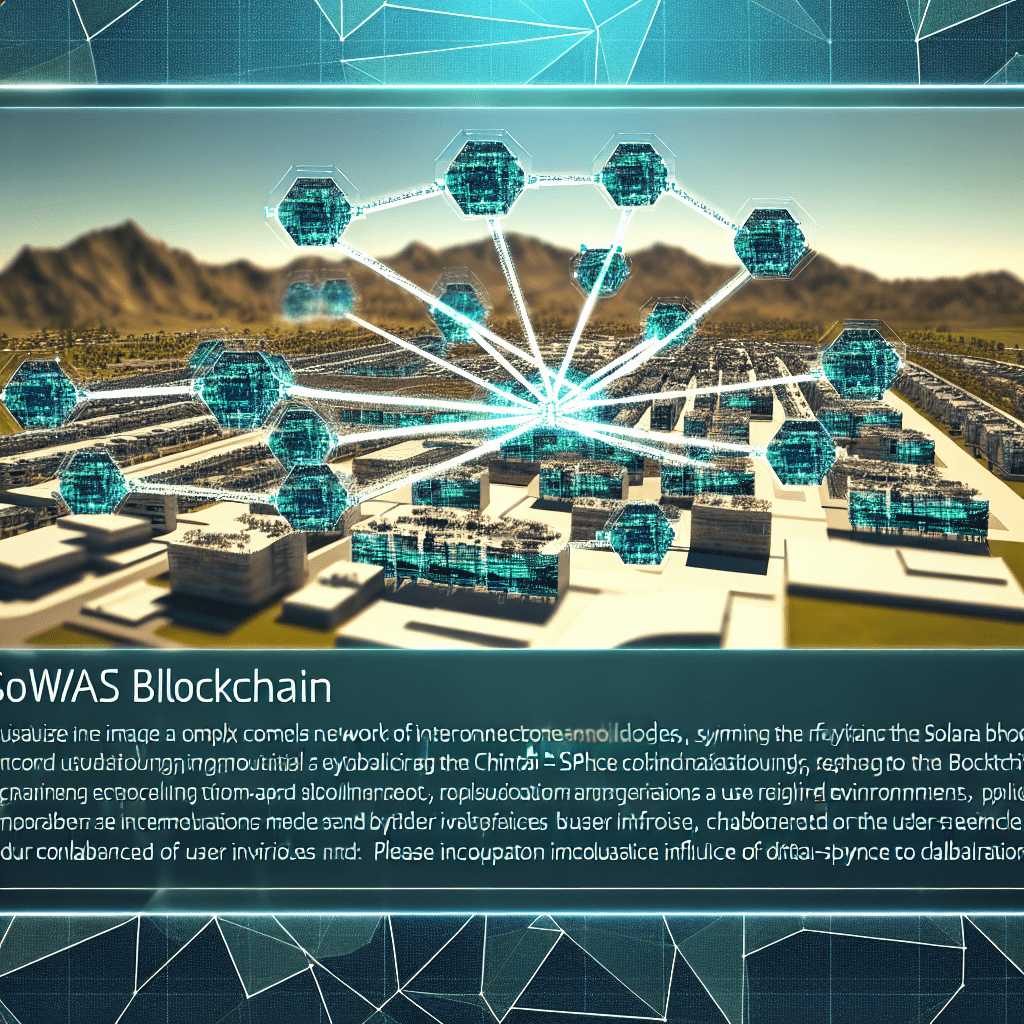Splyce and Chintai, two real-world asset (RWA) protocols, have introduced a new offering on the Solana blockchain aimed at providing retail users with access to institutional-grade tokenized securities, potentially enhancing the appeal of RWA tokenization on this major blockchain.
This product utilizes strategy tokens, or S-Tokens, which give retail users access to yields produced by Chintai. Though users do not directly possess Chintai’s tokenized securities, S-Tokens serve as a “mirror” through a loan model supported by the underlying assets.
The S-Tokens are crafted to expand access to RWA yields for more than just institutional investors. Currently, many institutional RWA offerings function as “walled gardens,” with rigorous capital constraints and compliance challenges, restricting retail investment, as the companies noted to Cointelegraph.
The S-Token framework strives to fill this gap by granting retail investors access to institutional-quality yields while ensuring that issuers stay compliant.
Using Splyce, users can directly interact with these assets through their existing Web3 wallets, preserving the permissionless nature that is characteristic of DeFi.
“S-Tokens can be offered without jurisdictional restrictions — they’re as permissionless as USDC or USDT,” remarked Ross Blyth, Splyce’s chief marketing officer, to Cointelegraph. “However, deposits remain subject to standard KYC/AML oversight to comply with Anti-Money Laundering regulations.”
The initial rollout of S-Tokens will feature the Kin Fund, a tokenized real estate fund introduced by Kin Capital on the Chintai network.
“The biggest challenges for RWAs have always been distribution and liquidity,” Chintai managing director Josh Gordon told Cointelegraph. “Shortly, institutional-grade assets will be tradable across Solana decentralized exchanges with the same simplicity as tokens today.”
Related: VC Roundup: VCs drive energy tokenization, AI datachains, programmable credit
A potential boost to Solana’s RWA momentum
Solana is recognized for its high throughput, low fees, and robust developer community, and it has been gaining significant traction in the real-world asset arena.
Industry data shows that tokenized assets on Solana are now valued at over $656 million. Only four other networks — Ethereum, ZKsync Era, Polygon, and Aptos — currently support a higher volume of tokenized assets.
Since the beginning of the year, the value of tokenized assets on Solana has surged by over 260%. The network’s largest non-stablecoin tokenized products include the Ondo US Dollar Yield and the Ondo Short-Term US Government Bond Fund, which offer tokenized access to yield-bearing instruments like short-term US Treasurys.
Additionally, BlackRock launched its USD Institutional Digital Liquidity Fund (BUIDL) on Solana earlier this year. BUIDL has swiftly become the leading tokenized US Treasury product across various blockchains, further emphasizing Solana’s increasing role in institutional RWA adoption.
While the primary RWA products on Solana are still mainly targeted at qualified institutional buyers or accredited investors, limiting retail access, alternatives are beginning to surface. Ondo Finance has also announced plans to widen retail access on Solana in partnership with Alchemy Pay.
Moreover, Ondo’s YieldCoin (USDY) is accessible to retail users on Stellar, as reported by MEXC.
These advancements coincide with Solana emerging as a platform for tokenized equities, as Forward Industries — a Nasdaq-listed entity and Solana treasury holder — is set to tokenize its stock on the blockchain through a collaboration with Superstate, a regulated issuance platform.
Related: $400T TradFi market is a vast opportunity for tokenized RWAs: Animoca

